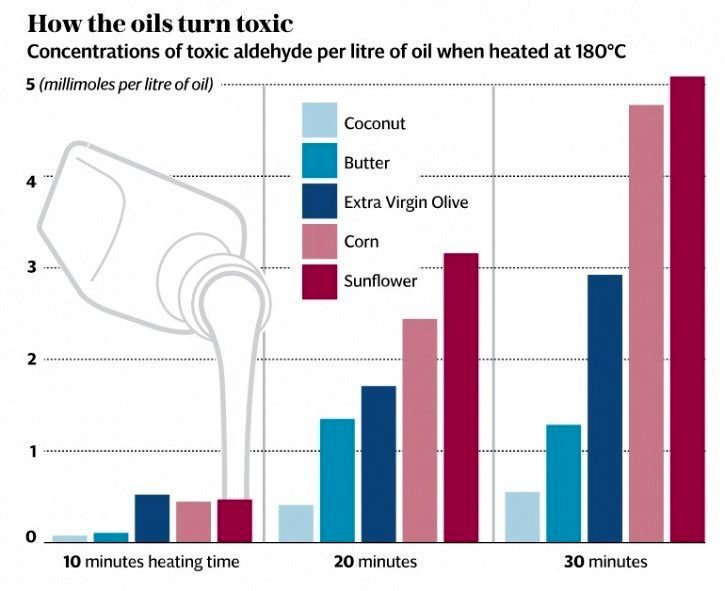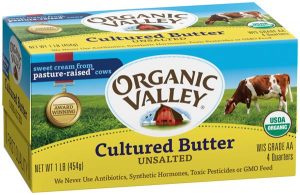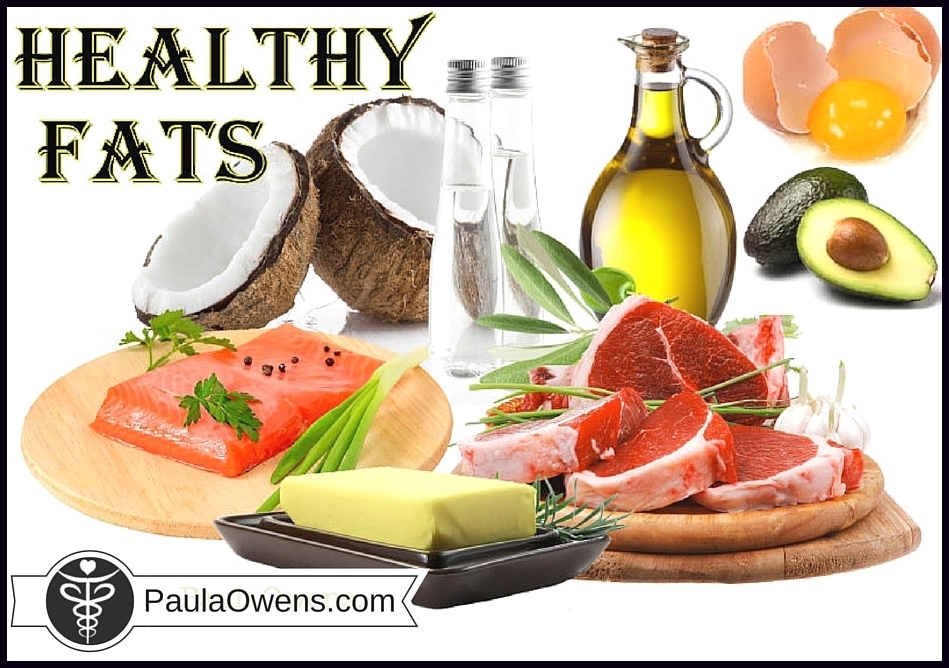Educating and Empowering You to Heal, Thrive, and Live a Happy, Healthy Lifestyle
The Health Benefits of Butter (a rich source of butyrate)
 Butter is rich in butyric acid (butyrate), a short-chain fatty acid. Short-chain fatty acids (SCFAs) are important biomarkers and protectors of colon health. The production of SCFAs depends on the gut microbes present in the GI tract, diet and transit time. Butyrate is the primary fuel source for coloncytes.
Butter is rich in butyric acid (butyrate), a short-chain fatty acid. Short-chain fatty acids (SCFAs) are important biomarkers and protectors of colon health. The production of SCFAs depends on the gut microbes present in the GI tract, diet and transit time. Butyrate is the primary fuel source for coloncytes.
Contrary to popular belief, saturated fat from butter, grass-fed (pasture-raised) ghee, organic animal protein and coconut oil are not to blame for harming our hearts or causing the diabetes and obesity epidemic.
The real villains destroying our bodies, brains and health: rancid inflammatory vegetable oils, trans fats (hydrogenated oils), excessive amounts of processed sugar and ultra-processed carbohydrates, super-sized sodas, fructose corn syrup, factory-farmed hormone- and antibiotic-injected frankenmeats, artificial sweeteners, and packaged junk foods loaded with pesticides, GMOs, glyphosate and other toxic chemicals.
A diet deficient in fat, and consuming low-fat and nonfat items increase the risk of depression, anxiety, mood disorders, dementia, behavioral problems, and intensify cravings. Fat deprivation is linked to hormone imbalances, weight gain, dry skin, dry hair, hair loss, infertility and reproductive problems.
Fat is a vital nutrient for healthy brain function, fat loss, hormone balance, energy, satiation, nixing cravings, beautiful skin and hair, healthy cholesterol and heart health, a healthy nervous system, immune system, gut health and cell membranes.
The Health Benefits of Butter, a rich source of butyrate
— the butyric acid found in butter aids digestion and helps to maintain the integrity of the mucosal lining by tightening the junctions in the gut (leaky gut) and helps to prevent the absorption of pro-inflammatory toxins
— butyrate is important for GI and colon health (increased butyrate levels are associated with a lower risk of colon cancer)
— butyrate encourages healing and shrinkage of colon polyps
— feeds the good microbes; encourages the growth of beneficial bacteria like Bifidobacterium and blocks the growth of unhealthy bacteria in the gut
— Decreases high ammonia levels and reduces ammonia uptake from the intestine (increased ammonia is neuroexcitatory)
— increases insulin sensitivity
— reduces triglycerides and helps break down undigested carbohydrates
— helps probiotics adhere to the bowel wall and proliferate
— boosts immunity
— an energy source for cells
— has anti-inflammatory properties, modulates pH and bile acid formation
— butyrate is beneficial for GI disorders (Crohn’s, ulcerative colitis, colon polyps, leaky gut, irritable bowel disease)
— anti-microbial properties; enhances anti-Candida activity and increases the effectiveness of anti-fungals
— modulates serotonin release
— healthy bowel function, acts as an anti-diarrhea agent by removing sodium and water from the colon, and regulates abnormal bowel movement and constipation
— beneficial for ADHD (decreased butyric acid levels are linked with attention problems and autism)
— loaded with important fat-soluble vitamins (A, D, E, K)
— a rich source of conjugated linoleic acid (CLA), a potent anti-cancer agent, muscle builder, metabolic and immunity booster. Grass-fed butter contains 5 times more CLA than butter from grain-fed cows.
— grass-fed ghee, a clarified butter is one of the best oils to cook with as it does not oxidize at high temperatures.
“Butyrate has a profound beneficial effect on brain disorders ranging from neurodegenerative diseases to psychological disorders.” —M. Bourassa et al 2016
What Happens When Butter and other Fats are Heated?

Take away message: organic, grass-fed, pasture-raised butter and ghee are healthy sources of fat.
 Quality matters! Toss the pro-inflammatory margarine, rancid, genetically-modified vegetable oils, canola, corn, cottonseed and soybean oils, fake chemical-laden butter sprays and frankenfats.
Quality matters! Toss the pro-inflammatory margarine, rancid, genetically-modified vegetable oils, canola, corn, cottonseed and soybean oils, fake chemical-laden butter sprays and frankenfats.
Stick with the real thing: organic butter and ghee from pasture-raised, grass-fed cows such as Organic Valley Cultured Pasture Butter is a much healthier and more nutritious choice.
Everything tastes better with a little butter!

Related Articles
- 20 Health Benefits of Coconut Oil: Reasons to Love Coconut Oil
- Video: Which Fats Should You Buy?
- Download the free Healthy Food Guide
- Order Butyric Cal-Mag

